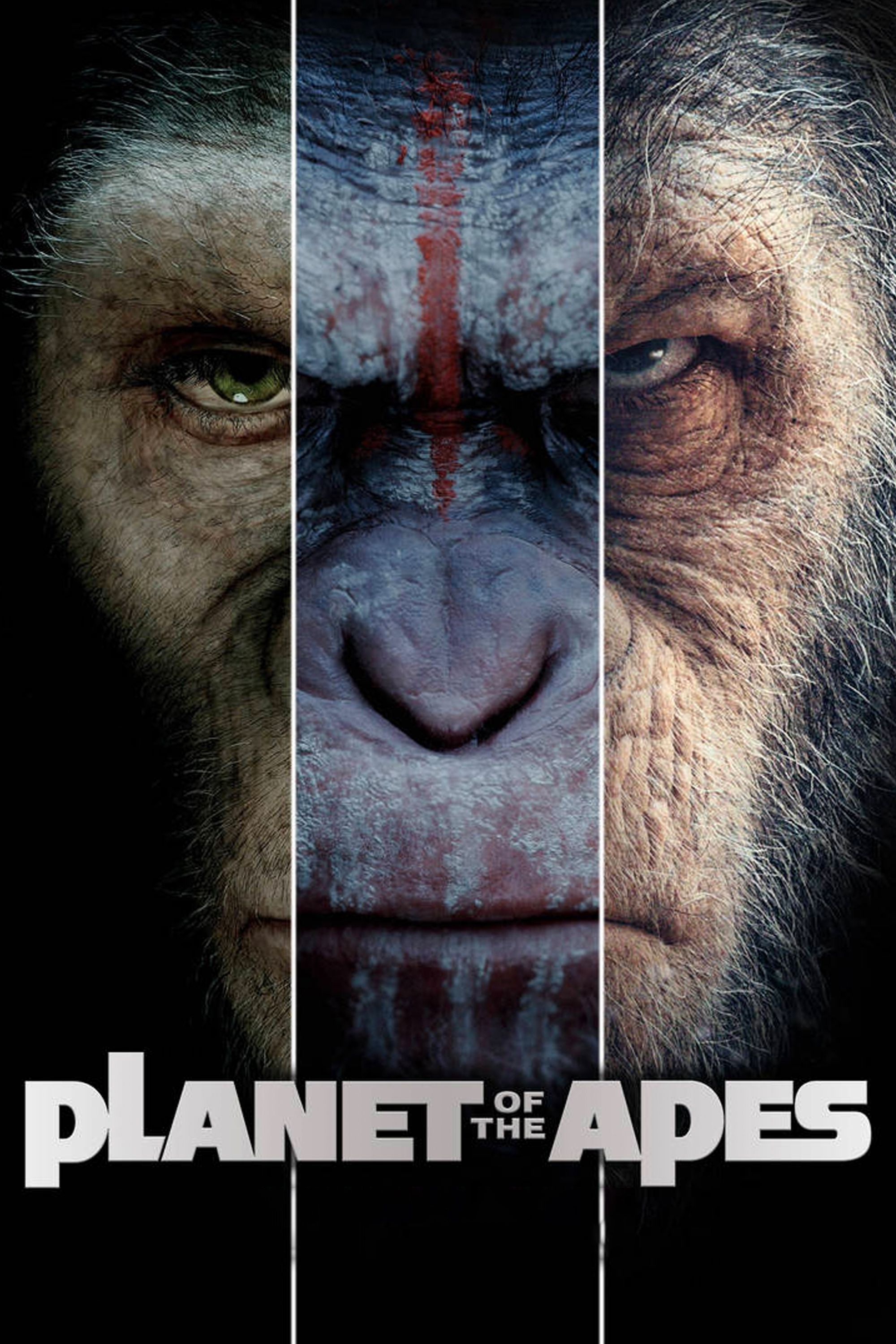Kingdom of the Planet of the Apes continued the impressive run of the franchise’s revival movies over the past decade and a half, combining breathtaking visual realism with a compelling plot that does justice to its forerunners. However, the movie still lacks any development on the setup teased in 2011’s Rise of the Planet of the Apes, the first entry in the modern Planet of the Apes continuity. We had two scenes referencing a group of human astronauts launched into space, who haven’t been heard from since.
This was an Easter egg to the original 1968 Planet of the Apes movie, which is premised on a group of astronauts crash-landing on a planet they don’t recognize. As it turns out, the astronauts have simply traveled forward in time to a future ape-dominated version of Earth. Rise of the Planet of the Apes teases that something similar will eventually happen in this timeline by suggesting we should expect the astronauts who appear at the start of the movie to return to the story at some point, likely by crash-landing on an Earth run by apes.
Kingdom Of The Planet Of The Apes’ Sequel Should Embrace The Franchise’s Sci-Fi Roots
The Original 5 Planet Of The Apes Movies Were Full Of Sci-Fi Tropes
The fourth movie in the franchise’s reboot series, Kingdom of the Planet of the Apes is set several generations after the events of the first reboot trilogy, which ended with War for the Planet of the Apes. The fact that the story has now skipped ahead for another trilogy in the series suggests that there is room for more outlandish sci-fi plotlines to surface in the next Planet of the Apes sequel, drawing on the original film series for inspiration.
The original Planet of the Apes movies released between 1968 and 1973 heavily relied on sci-fi tropes beyond the basic premise of apes evolving to the point that they challenge human supremacy on Earth. Everything from space exploration to time travel and radioactively mutated humans appears in these movies, which went as far as creating an alternate timeline for their own narrative thread, more than a decade before Back to the Future’s conception of alternate timelines made it a blockbuster megahit in the mid-1980s.
In fact, sci-fi plot devices are essential to the overarching narrative of those first Planet of the Apes movies. Only time travel (albeit one we can technically achieve as explained by Einstein’s general relativity) can explain how the astronauts in the initial movie arrive on Earth but don’t recognize it, just as it’s the only way to get an advanced ape family from 2000 years in the future to a contemporary 1970s setting in Escape from the Planet of the Apes.
Kingdom Of The Planet Of The Apes’ Ending Teased The Franchise’s Future Is In The Stars
The Final SH๏τs Center On Telescopes And Satellite Dishes Pointing Into Outer Space
The ending scenes of Kingdom of the Planet of the Apes do give those looking for more science fiction to be injected into the series cause for optimism. In the movie’s final moments, we see its protagonists gazing up at the stars in wonder. Noa and Soona have discovered a telescope made by humans and use it to observe outer space. Mae looks up too, at the same place towards which several satellite dishes built centuries earlier are pointing.
Just as the astronaut Easter eggs in Rise of the Planet of the Apes was no accident, these final sH๏τs in Kingdom of the Planet of the Apes are deliberately emphasized to tease what’s next in this ongoing movie trilogy. It may be that the astronauts are ready to come back to Earth, or simply that someone on the planet, whether human or ape, finds a way to communicate with them.
The Next Planet Of The Apes Should Have Some Sort Of Time Travel Twist Like The Original
It Could Flip The Perspective Of The Original Movie’s Plot Twist
Space travel in some form is very much on the cards for the next Planet of the Apes movie, but the subtle callback to the first reboot film at the end of Kingdom of the Planet of the Apes implies that time travel may also be involved. Of course, in the original Planet of the Apes story, time travel is a major plot twist that completely subverts expectations. Whereas throughout the movie we ᴀssume the astronauts have found a different planet dominated by apes, the time travel conceit turns this ᴀssumption on its head.
The original Planet of the Apes is set in 3978, while Kingdom of the Planet of the Apes takes place in the mid-24th century.
The sequel to Kingdom of the Planet of the Apes won’t be able to replicate this twist, or at least not in its original form, as we, the audience, have already been made aware that Earth has been taken over by apes earlier in the reboot series. However, the next Planet of the Apes movie could instead portray a similar astronaut crash landing but from the opposite perspective, from the standpoint of the apes and humans living on Earth at the moment of the crash landing. In any case, it’s high time the franchise put time travel back on its immediate agenda.

Planet of the Apes
Planet of the Apes is a multimedia sci-fi franchise that began in 1963 with Pierre Boulle’s novel, which was later adapted into a film in 1968 starring Charlton Heston. The success of the movie led to four sequels, two TV shows, a remake from Tim Burton, and a reboot trilogy. The Planet of the Apes franchise has also seen success in video games and comic books.





